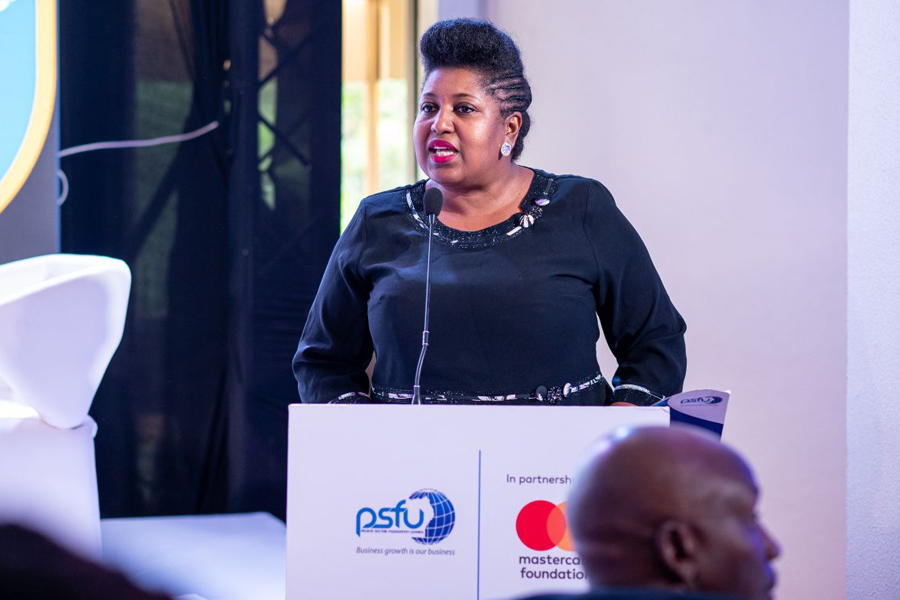How to have an intentional life audit
By Sauba Luwaga

Every day, we ask our friends how they are doing, often for formality, but sometimes intentionally. However, when was the last time you asked yourself how you were doing? We often have no problem asking others how they are, yet we hardly ever take a moment to ask ourselves! Is that not odd? We keep moving from one thing to the next, hoping it will take us in the right direction. But guess what? We cannot know what we really need if we do not fully understand our respective situations.
Every once in a while, we all need to take a long, hard look at ourselves to analyse what we are doing right, what is not going right and what we can do better. We need to audit ourselves to get better as individuals consistently.
A life audit is a full, thorough assessment of our life – we take stock of anything that takes up our time, space, mental energy, and physical energy. This assessment gives us a clear picture of our life, what is going well, and what is not. The purpose of a life audit is to determine what actions to take next confidently. However, doing a life audit can be hard. Naturally, it is tough to get honest with oneself about areas of our lives that do not feel fulfilled. The idea is not to judge ourselves or compare our lives to others’ - that is key to note on this journey.
Doing a life audit is step one in the intentional living process. To live with intention, we must make conscious choices in our lives every day that align with our core values (the ideals that are most important to us). Here are five things and actions we can take to create an intentional life audit that will help us manage the life audit process and more;
Step 1: Determine the auditable categories
These include general health, wealth, relationships with family and friends, job satisfaction, career progress, financial power/ knowledge, self-image, etc.
Step 2: Decide how best to rate yourself.
The idea is to rate ourselves the best we can. Here, we need to write down our scores as this is crucial. We can use the “on-a-scale-of-1-10” score model, and this helps us track progress from time to time.
Step 3: Use relevant questions to track progress.
“Am I following my life purpose enough?” “Have I challenged myself enough recently to hit my set targets?” Such questions will help us evaluate how far we have come, where we are falling short, and how best we can progress.
Step 4: Draft an achievable action plan of where we want to be in a given amount of time.
For each aspect we have decided to audit, we ought to ask ourselves, “how best can I do better on this?” Perhaps, we each know someone who overcame the same hurdle and achieved big enough to guide us on that path (here is where our mentors come in - always have one). Remember, the idea is progress, not perfection.
Step 5: Evaluate progress
Most of the time, we get caught up in the mistakes we make and, unfortunately, lose sight of our bigger picture. Our progress should prove that the journey we each are on is achievable and things are getting better for us.
Be sure to repeat the steps to progress to the next big step. Remember, doing an intentional personal audit is one sure way to correct the weak spots in our lives. An Intentional Life Audit is a practice we all need to pick up and celebrate the steps that matter in life.
Sauba Luwaga is the Head of Audit and Compliance, Next Media Services.













